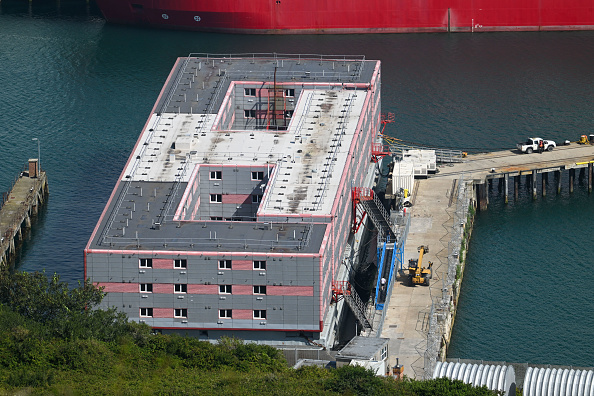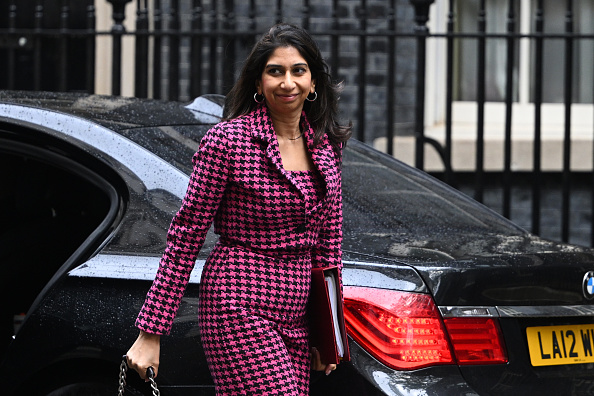The British Government has defended its immigration strategy after six people drowned and more than 50 needed rescuing when the small boat they had boarded to cross the English Channel capsized and sank off the French coast in the early hours of August 12.
A huge search and rescue operation involving five French ships, two British vessels and a helicopter took place to recover survivors and the bodies of those who died off Sangatte in Northern France.
The tragedy came as new figures showed that 509 people crossed the Channel in small boats on August 12 – which marked the end of UK Prime Minister Rishi Sunak’s “Small Boats Week” that aimed to prove the government was finally getting to grips with the problem. Sunak has declared that “stopping the boats” is one of his government’s top five priorities.
Quizzed on Sky News as to whether the deaths of the six people represented a “damning indictment” of the PM’s promise, Welsh secretary David TC Davies said: “No, it’s not. The government has been stopping boats.
“The actual numbers of people coming into the United Kingdom from France have gone down.”
While Saturday’s arrivals brought the total number of crossings so far this year to 16,679 – 15 per cent fewer than this time last year – it has added to the more 100,000 that have made the treacherous journey across the world’s busiest shipping lane recorded since 2018.
Davies added that funding for patrols on the French border had cut the number of crossings, while an agreement with Albania over migrant returns had resulted in a 90 per cent reduction of people coming from that country.
The UK Government paid French authorities more than £63m (€72m) during 2022/23 to help police the border with officers on the beach and share intelligence.
Davies said illegal immigration was a “really difficult problem to completely solve” but insisted that the UK’s Rwandan deportation policy regarding migrants – currently beset by legal challenges – would act as a deterrent.
“I believe those people who are genuinely fleeing from war and oppression will be happy to be housed in any safe third country,” he said.
“But it is going to take away the incentive for people to jump into a rickety boat and risk their lives coming here, sometimes in the hands of people smugglers who are making a fortune out of it. We need to stop these tragedies, not to encourage more people to come in.”
In the week prior to August 12, the UK Government’s immigration policy suffered further unravelling when the first 39 migrants housed aboard a floating barge off the Dorset coast were evacuated after the discovery of Legionella bacteria in the water system of the vessel, called Bibby Stockholm.





